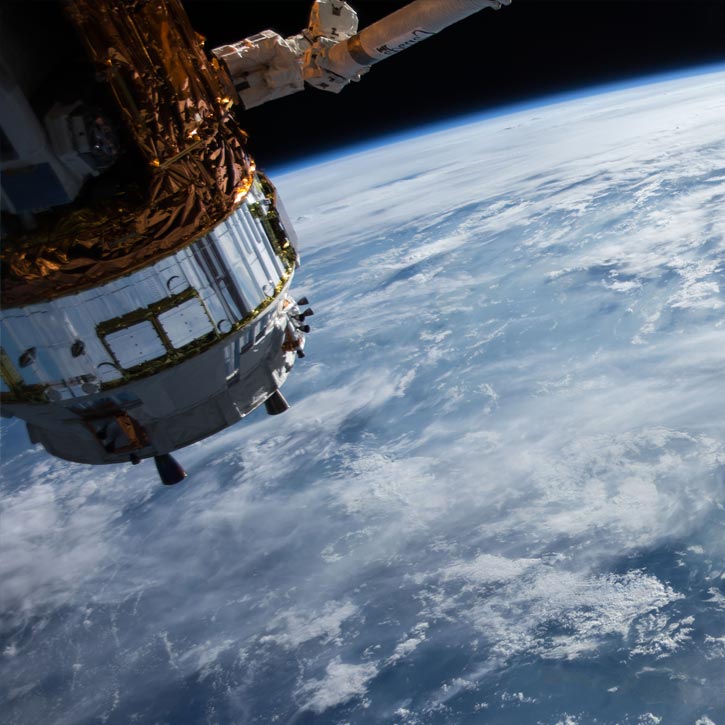Professional Accreditation in Meteorology
The aim of accreditation is to provide professional qualifications in meteorology which satisfy clients, employers and the public at large that individuals have reached and continue to maintain a specified level of professional knowledge and experience. This accreditation relates to evolving more comprehensive national and international frameworks (including WMO standards) and is recognised by major UK and EU employers. It benefits individuals by:
- providing recognition of their role and skills
- a framework to support career development
- provides a demonstration of commitment to their career
If you require more information about Professional Accreditation in Meteorology or are considering applying, please get in touch with accreditation@rmets.org
Please note you need to be in membership to apply. If you are already a member, please log in and select the ACCSYS link to start your application.
Starting your accreditation journey?
Achieving professional accreditation will enhance your career. Find out if you're ready by completing this two-minute self-assessment questionnaire.















